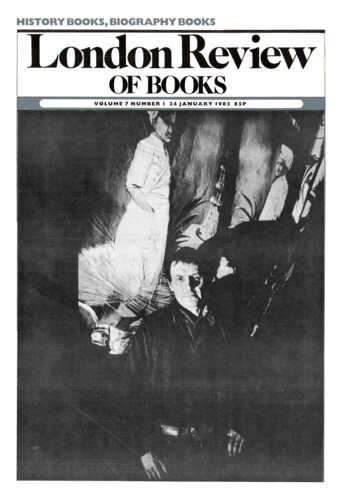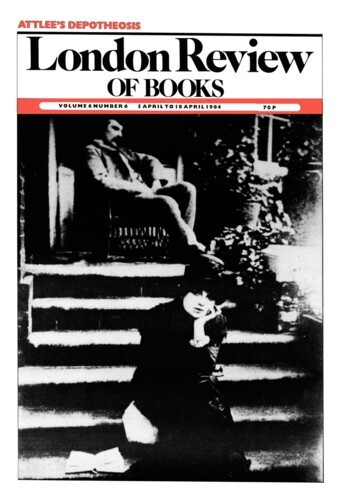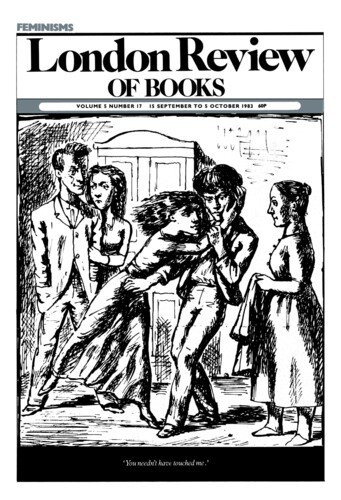Eating people
Claude Rawson, 24 January 1985
Cannibalism haunts our fictions from Homer to Ovid, from Euripides to Shakespeare, from Defoe to Sade, Flaubert, Melville, Conrad and Genet. It has been a theme in the vocabulary of political and racial imputation, long before and long after Montaigne’s classic essay, and in this sense among others has been a staple of satire in Juvenal, Swift and elsewhere. From Antiquity to the present, historians and ethnographers have written of anthropophagy among distant tribes, or in battle, siege or famine. Survival-cannibalism has a whole literature to itself, in ‘true accounts’, ballads and novels, including a sub-genre on plane-crashes. There are even beginning to be books about the literature of cannibalism. One theme remains largely unexplored, however: that of the ways in which, in a culture which does not on the whole practise cannibalism, we talk and write about those who do, and the reticences and stylisations which this topic has imposed.’





